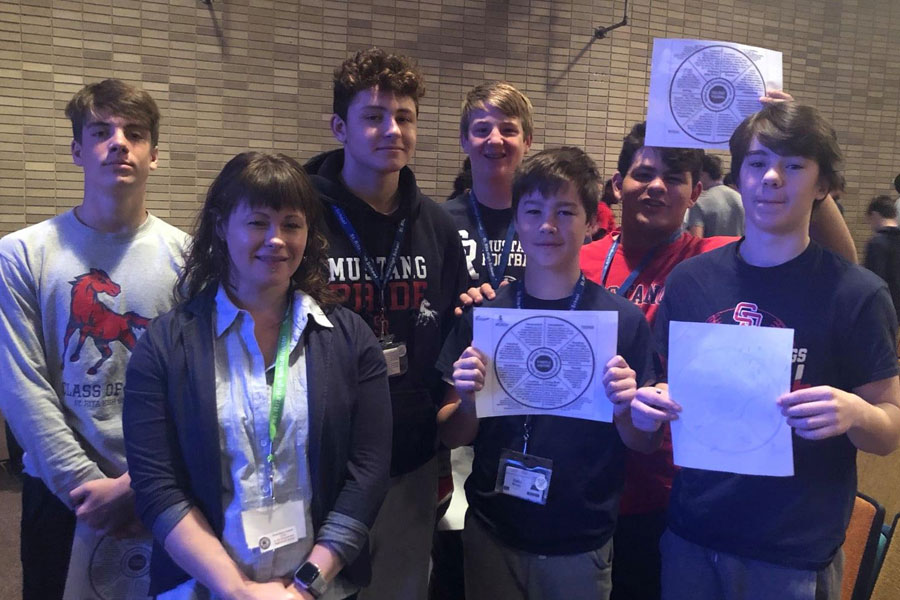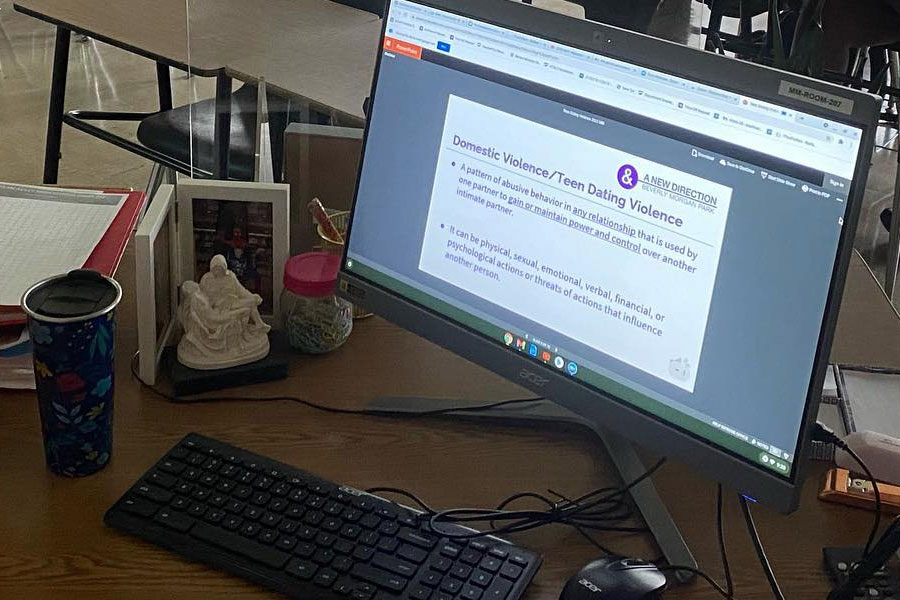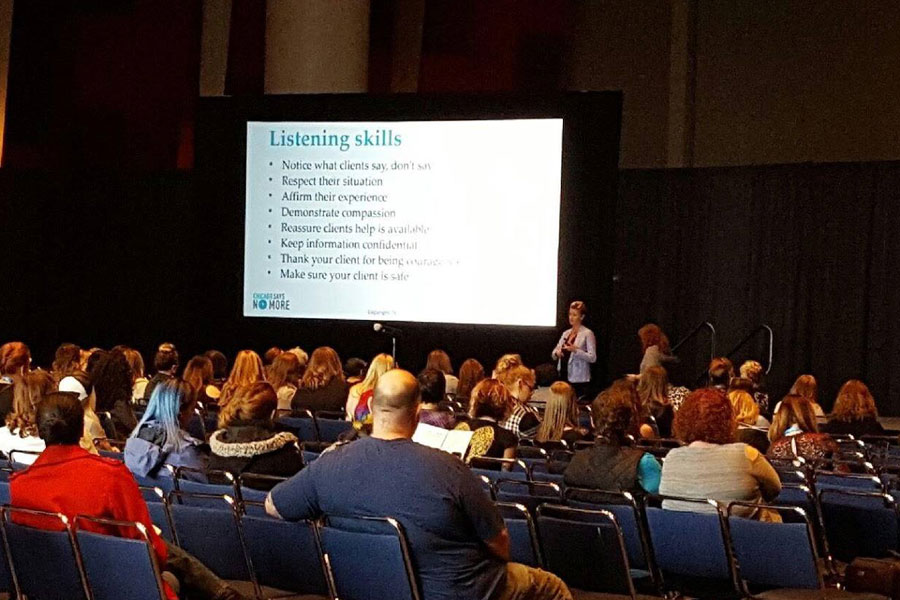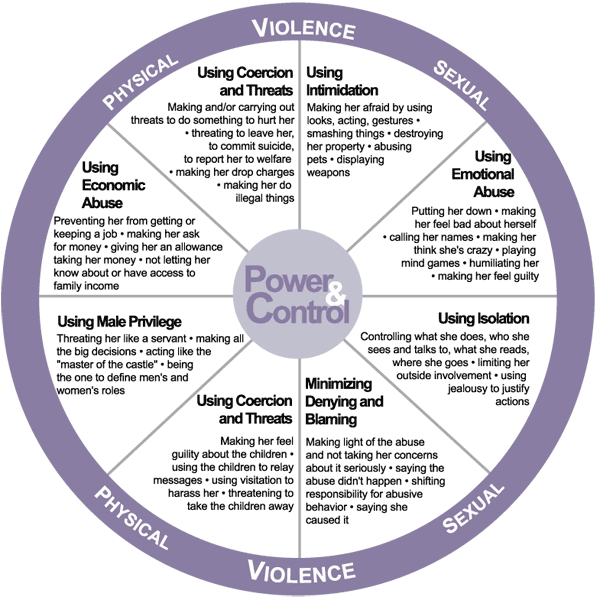Education & Outreach
What is Domestic Violence?
Learning about the different types of abuse is eye opening—and the first step to getting help.
Domestic violence is a systemic pattern of abusive behavior with intent to control another person in a dating, family, or household relationship. The abuse can take many forms—emotional, psychological, financial, spiritual, sexual and physical. It’s not a disagreement or anger management issue in a normal relationship. Examples include:
- Name calling or put downs
- Isolating a partner from family or friends
- Withholding money
- Stopping a partner from getting or keeping a job
- Actual or threatened physical harm
- Sexual assault
- Stalking
- Intimidation

Education & Outreach
Teen Dating Violence


DV 101
We developed the DV 101 presentation to share important information regarding this pervasive issue so that others can become advocates for those in need. This presentation helps create awareness surrounding the issue and explains how to identify abuse, the many different types of abuse, the myths around domestic violence, and the barriers to leaving abusive relationships. If you would like us to present DV 101, reach out to us below.
Understanding Domestic Violence
Anyone can be a victim of domestic violence. Age, sex, race, culture, religion, education, employment and marital status don’t protect you. Although both men and women can be abused, most victims are women. Children in the homes where there is domestic violence are more likely to be abused and/or neglected. The Power and Control Wheel, developed by the Domestic Abuse Intervention Project, shows the behaviors that abusers use to frighten, manipulate, and control their victims.
Visit our parent agency, WINGS, for a wealth of additional information about domestic violence, via the link below.





